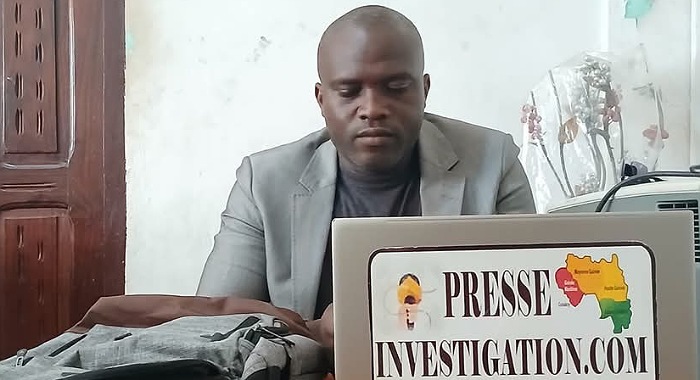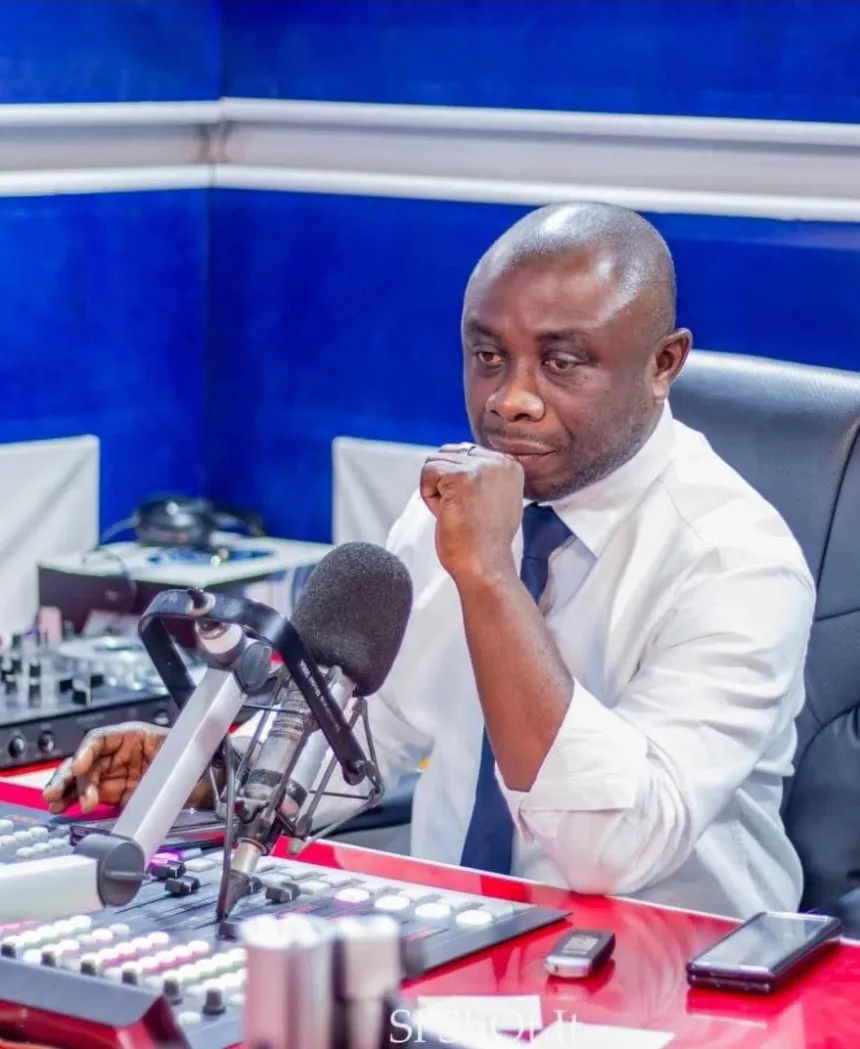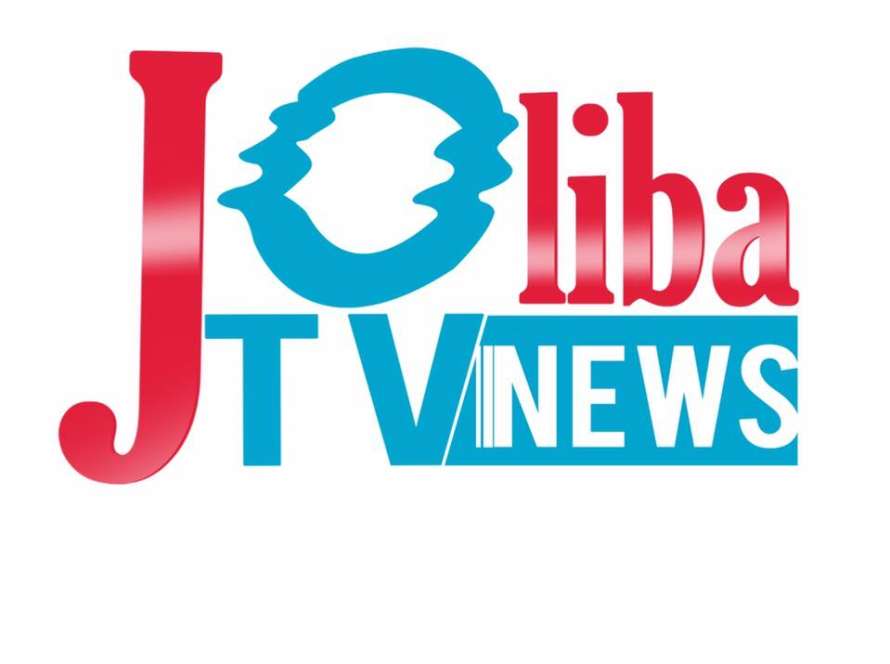The Federal High Court in Lagos, on October 4, 2024, refused bail to two editors, a reporter and a publisher of separate online news websites who have been detained over their publications, which implicated the head of a bank in alleged corrupt practices.
The four are Olurotimi Olawale, editor of privately owned National Monitor Newspaper; Precious Eze Chukwunonso, publisher of privately owned News Platform website; Rowland Olonishuwa, a reporter with Herald Newspaper in Western Kwara State and Seun Odunlami, publisher of the private news website Newsjaunts.
The four first appeared in court on September 27, 2024, and were remanded at a Lagos correctional centre, pending a bail hearing, after they pleaded not guilty to charges of cyberstalking and false publications and spreading false information.
On their second appearance on October 4, when the bail application was heard and denied, the journalists learnt, to their dismay, that the initial two counts charge had been amended to 10 counts. The new charges included conspiracy, cyberstalking, false and misleading publication, extortion and threat, among others.
The denial of bail is the latest in a series of violations that they have suffered, following a complaint by the banking guru.
On September 20, Olurotimi Olawale, editor of privately owned National Monitor Newspaper, and Precious Eze Chukwunonso, publisher of the privately owned News Platform website, were arrested, separately, by the police in western Lagos state.
On September 25, the police arrested Rowland Olonishuwa, a reporter with Herald newspaper in Western Kwara State, while the Special Fraud Unit of the Police from Lagos arrested Seun Odunlami, publisher of the private news website Newsjaunts, outside a bank in Abeokuta, Ogun State. The two separate arrests were in connection with the same publication for which Olurotimi Olawale and Precious Eze Chukwunonso had earlier been arrested.
The four journalists were charged under sections 24 (1)(b) and 27 of the Cybercrimes Act. Section 24 of the Cybercrimes act criminalises posting pornographic material, false, offensive and aggravating offences. Violation of this section is punishable, with up to three years imprisonment and a fine of 7 million Naira ($ 4,200).
Section 27 of the law, which was recently amended, criminalises attempts to violate the law and conspiracy to perpetrate “fraud using computer systems or network.” It prescribes up to seven years imprisonment.
The police have also forced the journalists to take down the reports from their various platforms. Interestingly, despite the media outlets’ claims being contested and the journalists being detained, Nigeria’s federal House of Representatives has announced that it will investigate the bank over the fraud claims.
The Media Foundation for West Africa (MFWA) is deeply concerned about the harassment of the four journalists. Under Nigeria’s Administration of Criminal Justice Act, 2015: 161. (1), suspects in even cases that attract capital punishment, may be granted bail under exceptional circumstances. It is therefore, untenable to deny bail to journalists who are merely doing their job in quest to foster accountability. It is unacceptable to treat journalists like common criminals for allegedly defamatory publications. We, therefore, urge the judicial authorities in Nigeria to review the decision to deny bail to the four journalists.
We also urge the Nigerian government to further amend the Cybercrime Law 2015, as it is obvious that the recent amendments have failed to address concerns about its vague and broadly-worded language, that lends it to easy manipulation to harass and prosecute journalists for critical online publications.






